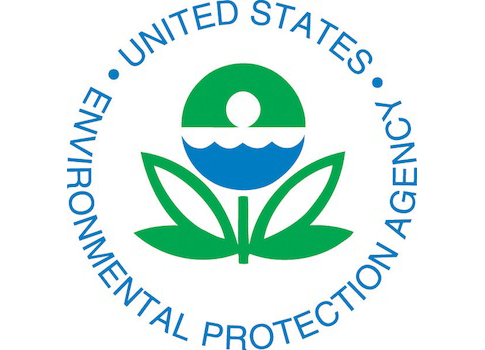Scientists May Be Prohibited From Advising The EPA
This article is more than 2 years old
 Warning: this post may devolve into a rant, but not without reason. Some people argue that science shouldn’t be political—and perhaps they’re right, it shouldn’t. But NASA is a government agency, subject to the winds of political change and funding struggles—I don’t know how NASA would divest itself from politics. But other issues, such as climate change, shouldn’t be a political issue, and I’m not entirely sure how it became one, but its association with the pitfalls of partisanship attracts just as much attention, if not more, than the actual issue itself, which is a problem. Part of the problem with coupling an environmental or scientific issue with a political one is that decisions get made that aren’t in the interest of science, which is exactly what has just happened with a new bill that just passed the House of Representatives. The bill prohibits independent scientists from giving advice to the Environmental Protection Agency (EPA). Instead, more of the people advising the EPA would work for industry companies, much like sides in a court case find an expert they can pay to testify on their behalf.
Warning: this post may devolve into a rant, but not without reason. Some people argue that science shouldn’t be political—and perhaps they’re right, it shouldn’t. But NASA is a government agency, subject to the winds of political change and funding struggles—I don’t know how NASA would divest itself from politics. But other issues, such as climate change, shouldn’t be a political issue, and I’m not entirely sure how it became one, but its association with the pitfalls of partisanship attracts just as much attention, if not more, than the actual issue itself, which is a problem. Part of the problem with coupling an environmental or scientific issue with a political one is that decisions get made that aren’t in the interest of science, which is exactly what has just happened with a new bill that just passed the House of Representatives. The bill prohibits independent scientists from giving advice to the Environmental Protection Agency (EPA). Instead, more of the people advising the EPA would work for industry companies, much like sides in a court case find an expert they can pay to testify on their behalf.
The purpose of the EPA is, broadly, to “protect human health and the environment” by enforcing regulations, as well as levying fines and sanctions for those who ignore them. It was established in 1970, and since then has been responsible for a number of amendments to the Clean Air Act, the Clean Water Act, the Food Quality Protection Act, the Endangered Species Act, the Hazardous and Solid Wastes Amendments Act, and more. Of course, in order to do its job, the EPA has to rely on qualified scientists to make sure that its acts reflect accurate research and scientific understanding. Thus, in 1978, their Science Advisory Board was established, and it has advised the EPA ever since.
But unfortunately, that soon may no longer be the case.
Utah representative Chris Stewart recently garnered enough support for bill H.R. 1422, which would change the way scientists get appointed to the Science Advisory Board (SAB). Stewart believes that the SAB should be comprised of more scientists who work for the companies and industries subject to EPA regulation.
Stewart says this is because “we’re losing valuable insight and valuable guidance because we don’t include them in the process,” but as I Fucking Love Science points out, Stewart doesn’t have much credibility on that point. He’s a climate change skeptic who…okay, I’m trying to hold it together here, but it’s damn hard…is the chairman of the Chairman of the Subcommittee on Environment, part of the House Science, Space and Technology Committee. He also thinks the EPA shouldn’t exist at all because it “thwarts energy development.” That definitely sounds like a guy who needs insight and guidance, but not like a guy who’s interested in finding it.
Despite the fact that opponents have testified about the bill’s potential problems, pointing out that “conflicts of interest threaten the integrity of science,” it passed 229-191. The bill restricts scientists from voting on chemicals made by their employers, but they can vote to release a chemical just like it, and set helpful precedents that way. The act also bans research scientists from sitting on the SAB or consulting about work that could “directly or indirectly involve review and evaluation of their own work,” meaning that experts can’t actually advise on the subject of their expertise. The more they know and have worked on something, the less able they’d be to talk about it.
Let’s just hope this bill gets stopped in the Senate, or that Obama will tear it up.
Now would be a good time to read a little utopian science fiction.











